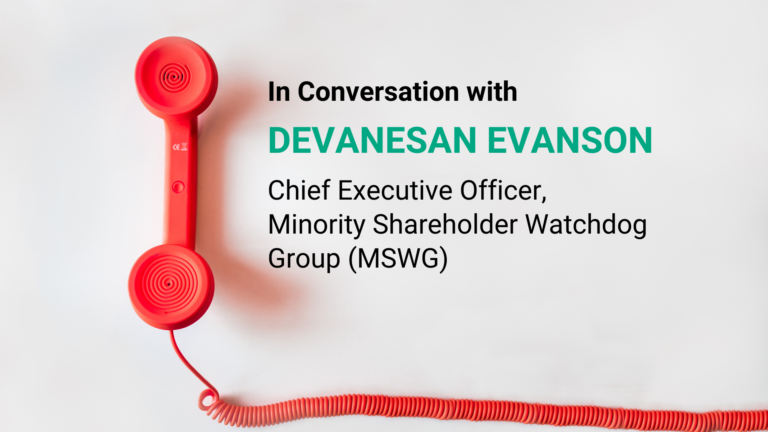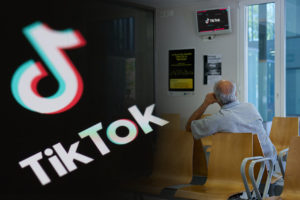Since the Movement Control Order (MCO) went into effect in Malaysia, SMEs have been faced with limited options to keep business moving. Despite the RM250 billion PRIHATIN stimulus packages offered by the government previously, businesses still struggle to mitigate the impact of this pandemic crisis.
Fast forward to today, as countries around the world including Malaysia prepares to restart their economies, businesses are racing to re-strategise and reach out to their customers to sustain revenue. We sat down for a brief conversation with Devanesan Evanson, CEO of the Minority Shareholder Watchdog Group (MSWG) to gain perspective into the changing business landscape.
Engage SEA: How do you think brands are innovating to cope with market disruption and/or help combat this pandemic crisis?
Devanesan Evanson: Delivery has become an important business model as opposed to waiting for customers to come to the vendor’s premises. Most brands must now invest in taking their products to the customer especially with movement restrictions still in place. Some brands across various retail categories have jumped onto this delivery bandwagon.
Engage SEA: Indeed. The uptake in social media consumption and changes in consumer purchasing behaviour have led to a significant jump in e-commerce growth in Malaysia. With the new normal now in effect, how do you see consumer trends evolving post-CMCO?
Devanesan Evanson: The consumer trend is one of convenience (and safety) i.e. contactless delivery to the customer. Having experienced the benefits of online purchases and reliable deliveries to their doorstep (increased exponentially during the pandemic), customers will be expecting similar conveniences post-CMCO.
Read also: Business Survival Lessons for COVID-19: Data Does Matter
Engage SEA: Excellent point. Movement restrictions have reduced the experience of dining out and physical socialising. Consumers are instead, choosing to spend selectively and from brands that prove to be safe, reliable and trustworthy — making brands’ digital reputation all the more important today.
What is your leadership advice to inspire organisations and SMEs in adapting to the new normal?
Devanesan Evanson: To start with, companies will have to control their costs. As such, some of their decisions will be painful for many stakeholders. Costs must generate income. However, companies must maintain sufficient resources to aid recovery once movement restrictions have been lifted completely.
A minimal cost structure is needed to enable the speedy achievement of ready-mode for business resumption. Ultimately, there is no one cookie-cutter advice as the decisions will be based on several parameters facing the business, including cash and human resources and type of industry.
Engage SEA: On that note, thank you for sharing your insights with us. We look forward to hearing from you on more topics in the near future.
Looking to boost your business strategy with market intelligence and brand sentiment? Leave it to the experts! Our team at Engage SEA will work hand in hand to support you in keeping your business moving. Chat with us today to track your brand’s digital reputation and listen to what your customers are saying in real-time. Start now.






